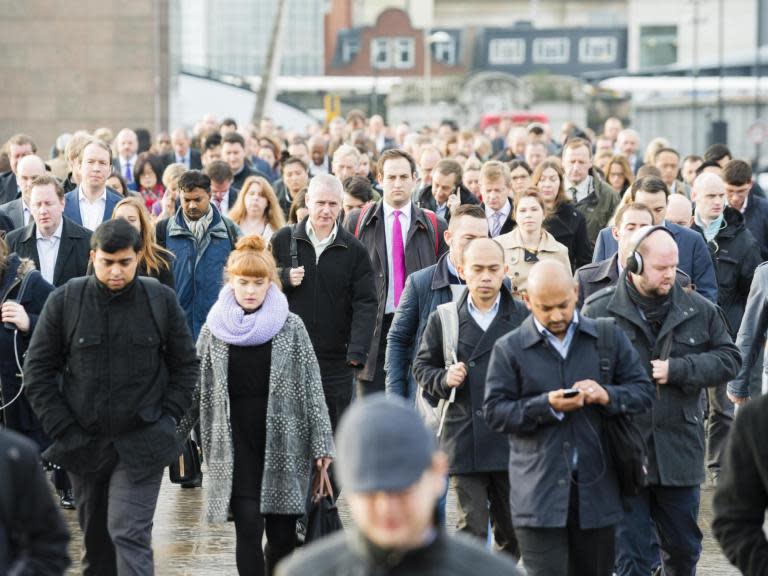Ethnicity pay gap: lowest-earning groups paid a fifth less than white British workers
Almost all black and ethnic minority (BAME) groups of workers are paid less on average than their white British counterparts, official data has revealed.
Bangladeshi workers face the biggest pay penalty, earning 20 per cent less than white British employees, the first detailed figures of this type from the Office for National Statistics showed on Tuesday. On average, ethnic minority workers earned 3.8 per cent less than all white ethnic groups in 2018.
The ONS data also shows that UK-born people from ethnic minorities face far smaller pay penalties than those born overseas.
Chinese and Indian are the only ethnic groups that are paid more than white British workers on average. Chinese workers earned the highest wages of any ethnic group last year with an hourly average of £15.75, followed by Indian workers on £13.47. White British workers collected £12.03, or around £25,000 for a 40-hour week.
Median hourly pay for Black, African, Carribean or Black British workers was £10.92 and for Pakistani workers it was £10.00.
The Resolution Foundation think tank said that, although huge progress had been made in recent decades, its own study found that BAME workers still face a penalty – even after adjusting for characteristics such as skills, experience age and what type of job they do.
“Having made significant progress on shining a light on gender pay gaps within firms though equal pay audits, the government should now extend this to look at pay gaps for BAME workers too,” said Kathleen Henehan, policy analyst at the Resolution Foundation.
The GMB union labelled the figures “disturbing” and renewed its call for mandatory reporting on the ethnicity pay gap.
“It’s a vital step in tackling structural and inbuilt biases and, in some workplaces, dismantling institutional racism,” said Nell Andrew, GMB national equality and inclusion officer.
“This is about ending discrimination and ensuring the world of work is fair and equal for all.”

 Yahoo Finance
Yahoo Finance 

